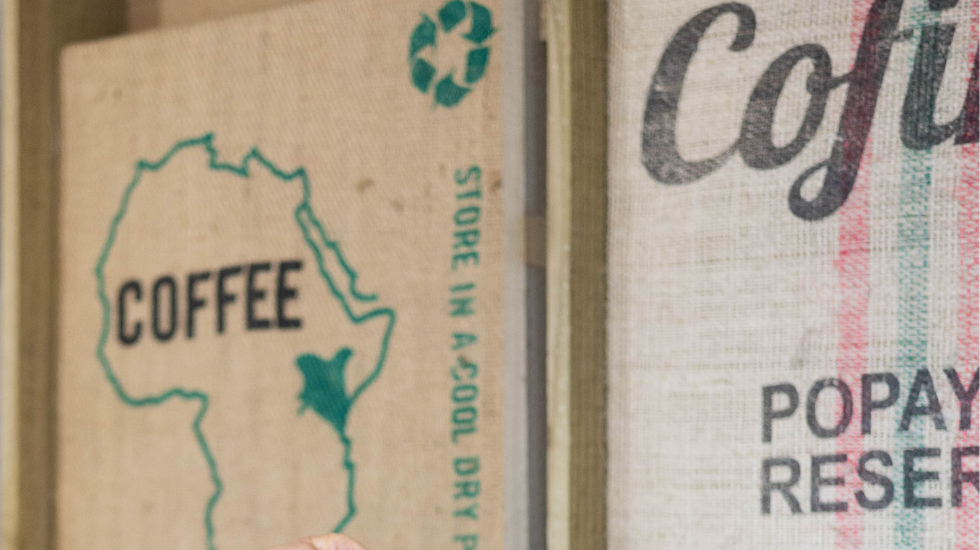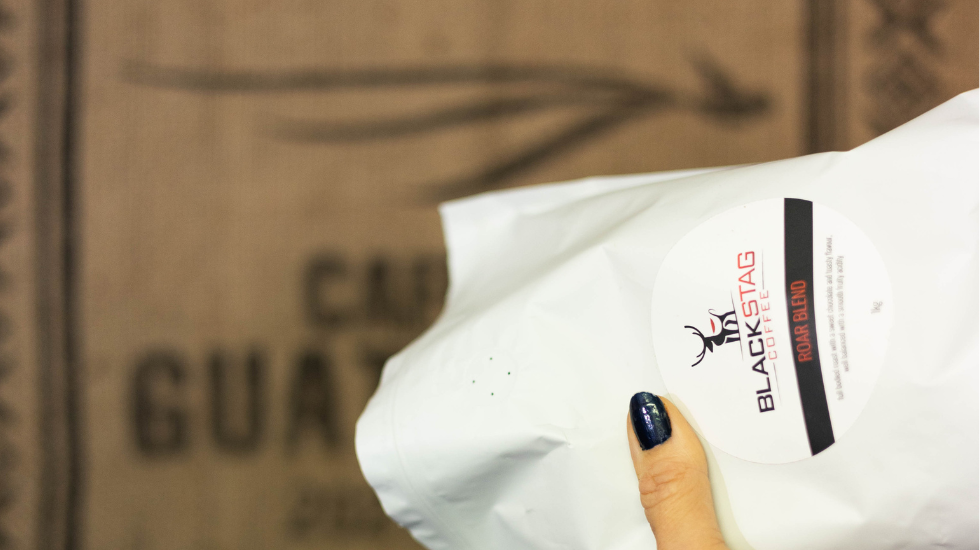As coffee lovers and conscious humans, we have the opportunity to make more responsible choices. By embracing sustainable coffee consumerism, we can support ethical labour practices, reduce our environmental footprint, and boost our communities.
The global demand for coffee continues to rise, but unfortunately, not all coffee is grown or produced sustainably.
Traditionally, coffee farming has had a significant environmental impact, leading to deforestation, soil degradation, and water pollution in many parts of the world. Additionally, the conventional coffee supply chain can exploit small-scale farmers, offering them low wages and poor working conditions. These issues create an imbalance between the demand for coffee in developed countries and the realities faced by those who grow it. However, more and more consumers are becoming aware of these issues, and as a result, sustainable coffee practices are gaining popularity. New Zealand, with its passionate coffee culture, is in a position to lead this change. By choosing sustainable coffee, Kiwis can enjoy their daily brew while contributing to a more equitable and environmentally friendly coffee industry.
New Zealand’s coffee culture has always been about more than just the beverage. It’s about community, connection, and quality. That’s why locally sourced and roasted coffee has become such an essential part of the conversation around sustainability. Not only do local coffee roasters in New Zealand offer some of the freshest, most flavourful coffee, but they also contribute to a more sustainable coffee ecosystem in several key ways:
- Lowering the Carbon Footprint: Coffee beans that are roasted locally in New Zealand have a much smaller carbon footprint than those that are shipped long distances from other countries. By reducing the energy and resources needed to transport coffee, locally roasted beans help minimise the environmental impact of your daily cup.
- Fostering Local Economies: Supporting local coffee roasters means investing in the local economy. It helps sustain small businesses, create jobs, and foster innovation within the coffee industry. When you buy locally, you’realso helping to reduce reliance on global supply chains, which can be both environmentally and economically unsustainable.
- Fresher Coffee: When coffee is roasted closer to home, it reaches your cup sooner, which means fresher coffee with a richer taste. Freshly roasted beans offer a better flavour profile and retain more of the antioxidants and nutrients that make coffee such a beloved beverage. That’s why our beans are roasted in New Zealand, by New Zealanders.
- Transparency and Ethical Sourcing: Local coffee roasters often prioritise ethical sourcing, ensuring that the coffee beans they use come from farms that practice fair trade, organic farming, and sustainable methods. These relationships between roasters and farmers are often more transparent, allowing consumers to feel confident that their coffee is sourced responsibly.
Sustainable coffee consumption doesn’t just benefit the planet — it can also boost workplace wellbeing. Offering quality, sustainable coffee in the workplace can help improve productivity, boost employee comradery for bigger-picture problems (such as unethical beans!), and foster a sense of community. As businesses in New Zealand and around the worldincreasingly prioritise employee well-being and sustainability, providing eco-friendly coffee options in the office is a small but significant way to show commitment to these values and that your business cares about more than just a profit margin.
By investing in sustainable coffee for the workplace, businesses can align their corporate values with their practices, reinforcing their commitment to social responsibility and environmental stewardship. Employees are likely to appreciate the thoughtfulness behind the company’s decision to support ethical coffee producers, and it can contribute to a more positive, energised, and engaged workforce.
10 Ways Your Daily Coffee Can Help Change the World
Now that we’ve explored the benefits of sustainable coffee consumerism, let’s look at ten actionable ways that your daily coffee can help make a positive impact on the world:
- Choose Fair Trade or B Corp Certified Coffee: Ensure the coffee you purchase is certified by organisations that prioritise fair wages, safe working conditions, and sustainable farming practices. This helps support ethical labour and environmentally friendly farming.
- Support Local Roasters: Buy coffee from local New Zealand roasters. This reduces the environmental impact of transportation, supports local businesses, and provides you with fresher, better-tasting coffee.
- Opt for Organic Coffee: Organic coffee is grown without harmful pesticides or synthetic fertilisers, which protects the environment and the health of farmers. Organic farming also promotes biodiversity and soil health.
- Use Reusable Coffee Cups: Single-use coffee cups contribute to a significant amount of waste. By providing high-quality, ethically sourced beans in the office, employees are less likely to branch out for a single-use cup at a cafe, instead opting for a hot brew in a mug at the office.
- Choose Compostable Coffee Pods: If you use a pod machine, opt for compostable pods. These break down naturally and help reduce plastic waste, which is a growing problem with traditional coffee pods.
- Compost Your Coffee Grounds: Instead of throwing used coffee grounds away, compost them to enrich your garden. Coffee grounds provide valuable nutrients to the soil and help reduce landfill waste.
- Buy in Bulk and Choose Minimal Packaging: Purchase your coffee in bulk to minimise packaging waste. Look for coffee sold in recyclable or biodegradable packaging to further reduce your impact.
- Support Shade-Grown Coffee: Shade-grown coffee is produced under the canopy of native trees, which helps preserve forests and wildlife habitats while improving the quality of the coffee.
- Offset Your Carbon Footprint: Some coffee companies offer carbon offset programs. By purchasing coffee from these providers, you can support initiatives that offset the emissions produced during coffee production and transportation.
- Educate Others About Sustainable Coffee: Share what you’ve learned with friends, family, and colleagues. By raising awareness of sustainable coffee practices, you can help others make more responsible choices about their coffee consumption.
Sustainable coffee consumerism offers a way for us to enjoy our favourite beverage while contributing to a better world. Whether it’s supporting local New Zealand coffee roasters, choosing fair trade or organic beans, or making simple changes to reduce waste, every decision we make about our coffee has the potential to create positive change.
By choosing sustainably sourced, ethically produced coffee, we’re not just improving the quality of our daily brew — we’re supporting farmers, protecting the environment, and strengthening our communities. So next time you enjoy a cup of coffee, remember that your choices matter. One cup at a time, your daily coffee can help change the world.
Stay updated with Black Stag’s blogs: Black Stag Coffee
Image thanks to Michelle from She’s A Wildflower



Recent Comments